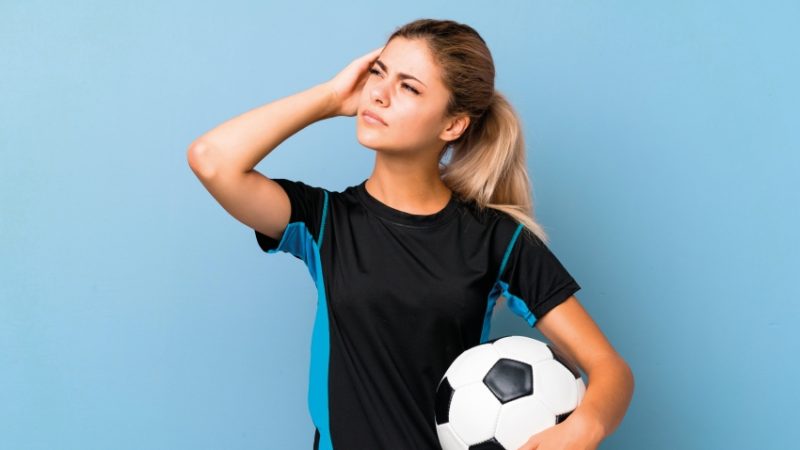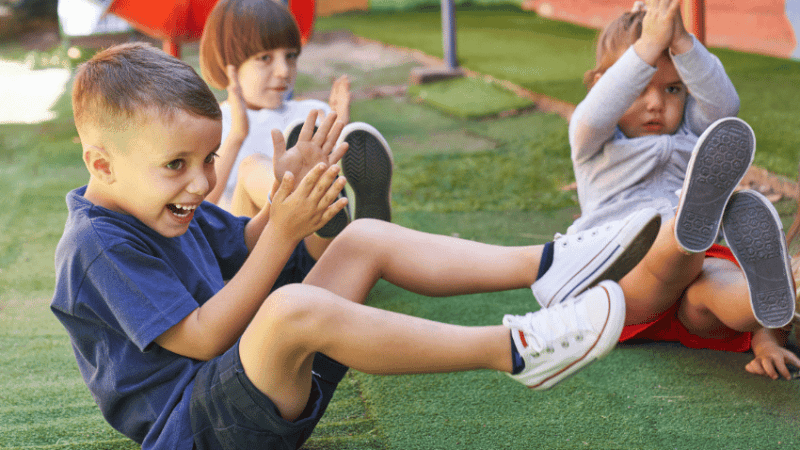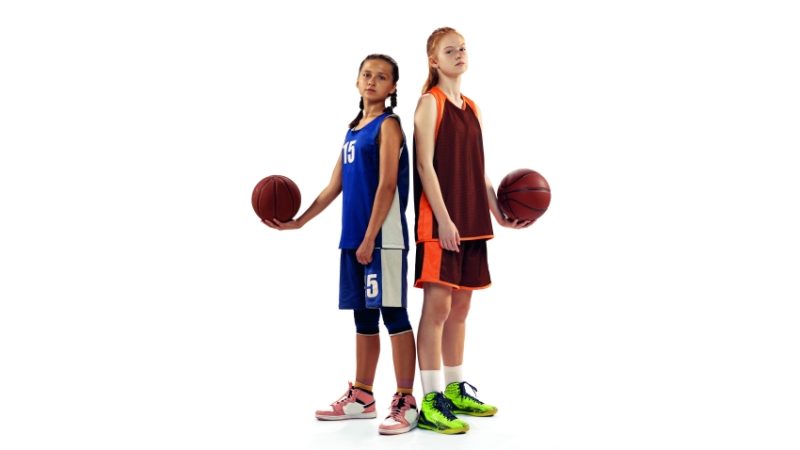How Sport can Help Solve Students’ Physical and Mental Health Issues

Today’s young people are growing up ill-equipped to deal with the daily challenges of the 21st century, says Ali Oliver – but physical education might offer a solution…
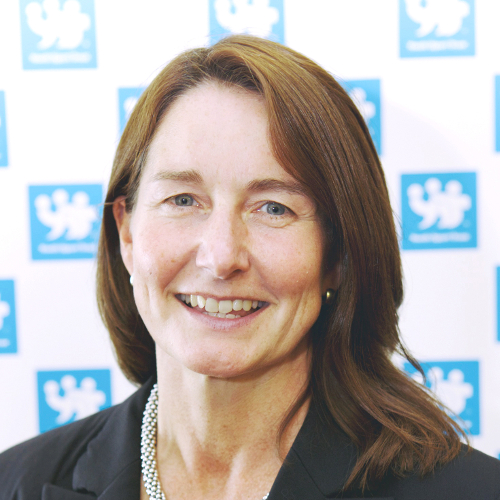
- by Ali Oliver
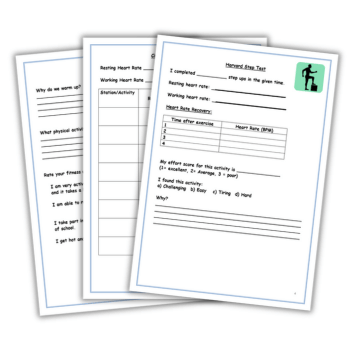
We know that sport, play and physical activity hold the key to tackling many of the challenges that young people face today.
Children are struggling with their physical and mental health, grappling with the pressures of social media and rising levels of exam stress, and experiencing a decline in tolerance in some communities.
While recent research shows that today’s young Britons have never been unhappier, we shouldn’t be disheartened; instead we must use these findings to be inspired to do more.
To help young people discover the joy of movement – and nurture happy, active lifestyles – we need to listen to them, take on board what they say (giving them a nudge in the right direction if necessary), and strive to empower them to support us in creating meaningful change.
Gemma’s story
One of the Youth Sport Trust’s strategic objectives from our new, four-year strategy ‘Believing in Every Child’s Future’ is to empower activism.
I’d like to share the story of one of our young ambassadors, to show the importance of physical education, sport and exercise within schools, and how it is possible to enable young people to develop into active citizens, who will tackle the issues of their generation.
When Gemma Maclean was at secondary school she was disengaged, disruptive and came close to exclusion. But her PE teacher didn’t give up hope and instead encouraged her to attend a Youth Sport Trust Young Ambassador Conference.
This experience inspired a change in Gemma and set her on a path to develop and achieve her aspirations. She began looking at sport in a different light and the impact it could have on her life and the lives of others.
By having the opportunity to use her voice and sit on boards, including the YST Youth Board and Young Ambassador Steering Group, Gemma said she developed key life skills like leadership, communication, organisation, and team work.
It also allowed her to meet friends for life, and raised her aspirations. When Gemma attended one of our events hosted on a University site, it inspired her to continue her education and she ended up securing a place at university in Edinburgh. Gemma is now working towards fulfilling her ambition to become a PE teacher.
New approaches
Gemma is the perfect example of how, through the power of PE and sport, it is possible to alter young people’s future life course for the better.
So much can be taken from her story; there are many examples of brilliant work being done in schools across the country, but as a charity we know all too well that the value and potential contribution of physical education and sport is not always well understood.
Because of this, its place in the curriculum – and the amount of extra-curricular activity on offer – is in decline.
The Youth Sport Trust is working tirelessly to ensure that right at the time when children need it most, play, sport and physical activity are at the centre of their education and development.
In support of this ambition, we need to work with schools to transform current provision so it is intentionally focused on delivering physical, social and emotional wellbeing outcomes.
This will require new approaches and new norms being established when it comes to the role of sport in education, as well as a stronger conviction that empowered young people are best placed to drive the change they want to see in the world.
We also need to focus relentlessly on removing negative experiences from children’s and youth sport.
Through our international work we are uniquely placed to harvest the very best and most effective practice from around the world to make sport in the UK inclusive, accessible and most of all, fun.
Get this right, and once children are positively engaged, we can focus explicitly and strategically on the priority outcomes at each stage in a child’s life – maximising physical development and promoting school readiness in the early years, with a focus on cognitive performance in primary schools, and then employability skills to support work readiness in secondary schools.
Equip and empower
The world has altered considerably in recent years, yet our society and lifestyles have not been able to keep up with the pace of change.
Much of our communication takes place through mobile devices and young people are experiencing fewer real interactions.
The world needs compassion, community, and face-to-face communication; I truly believe sport, play and PE offer an unrivalled context in which to develop these essential qualities.
I am sure I speak for many when I say it is time for an overhaul of physical education and school sport, and how it is delivered – placing greater emphasis on supporting schools to use sport and physical activity as vehicles through which we nurture physical, social and emotional health, and develop essential life skills.
Most of all, we need to be at the service of young people. As a children’s charity, we have a deep-seated belief in the capability and vision of young people.
We know if we want to harness the power of sport to transform their life chances, it is best done by them.
Over the coming four years we want to nurture young people’s appetite for activism, and equip and empower them to lead the fight against the issues of their generation.
Browse ideas for National Fitness Day.







